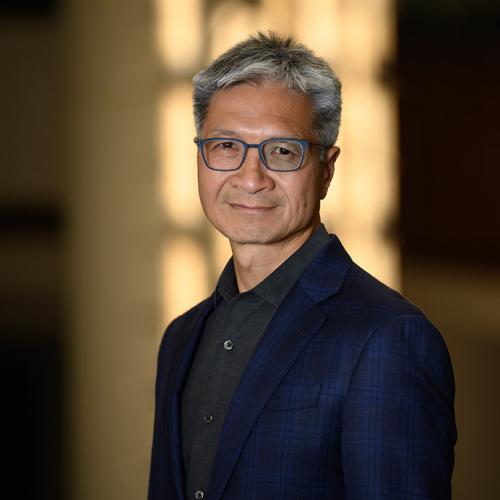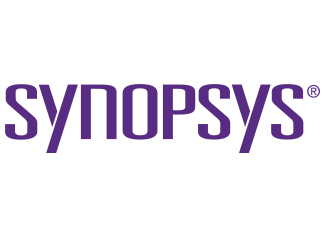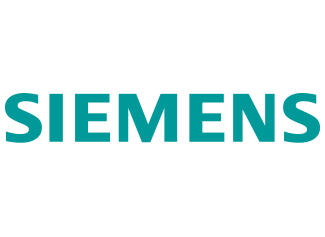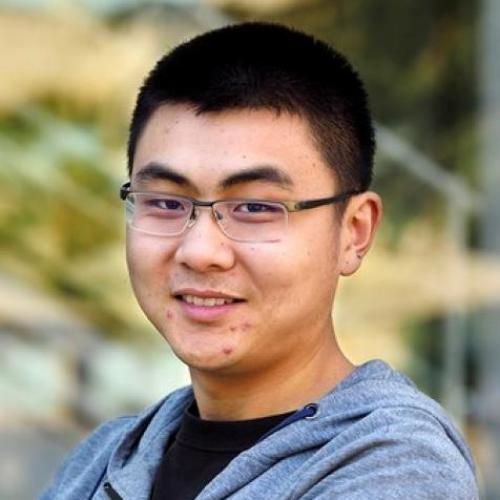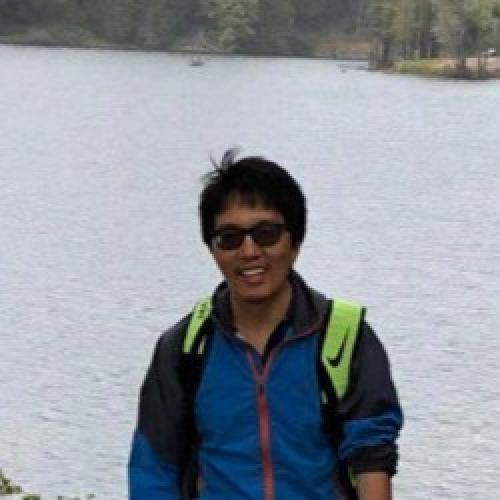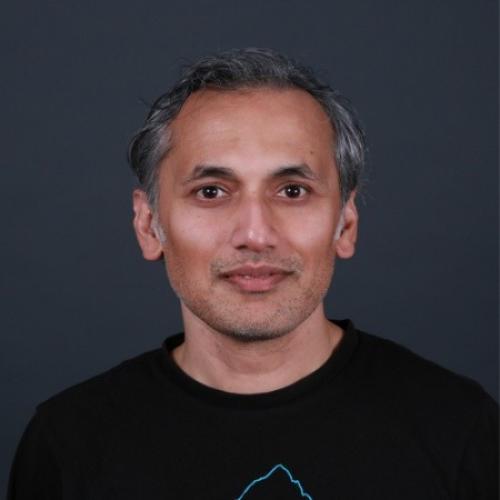We have witnessed a big paradigm shift in how AI has affected our daily lives. While AI model training is typically done in a cloud infrastructure setting, model inferencing has grown enormously on power, area, bandwidth and memory constrained edge devices.
These inferencing workloads have varying computational and memory needs, stringent power and silicon area requirements that can be very challenging to meet. AI led innovation is affecting the next generation of embedded hardware and software design alike. This talk will illustrate the design philosophies and challenges around designing best in class AI hardware accelerators.





